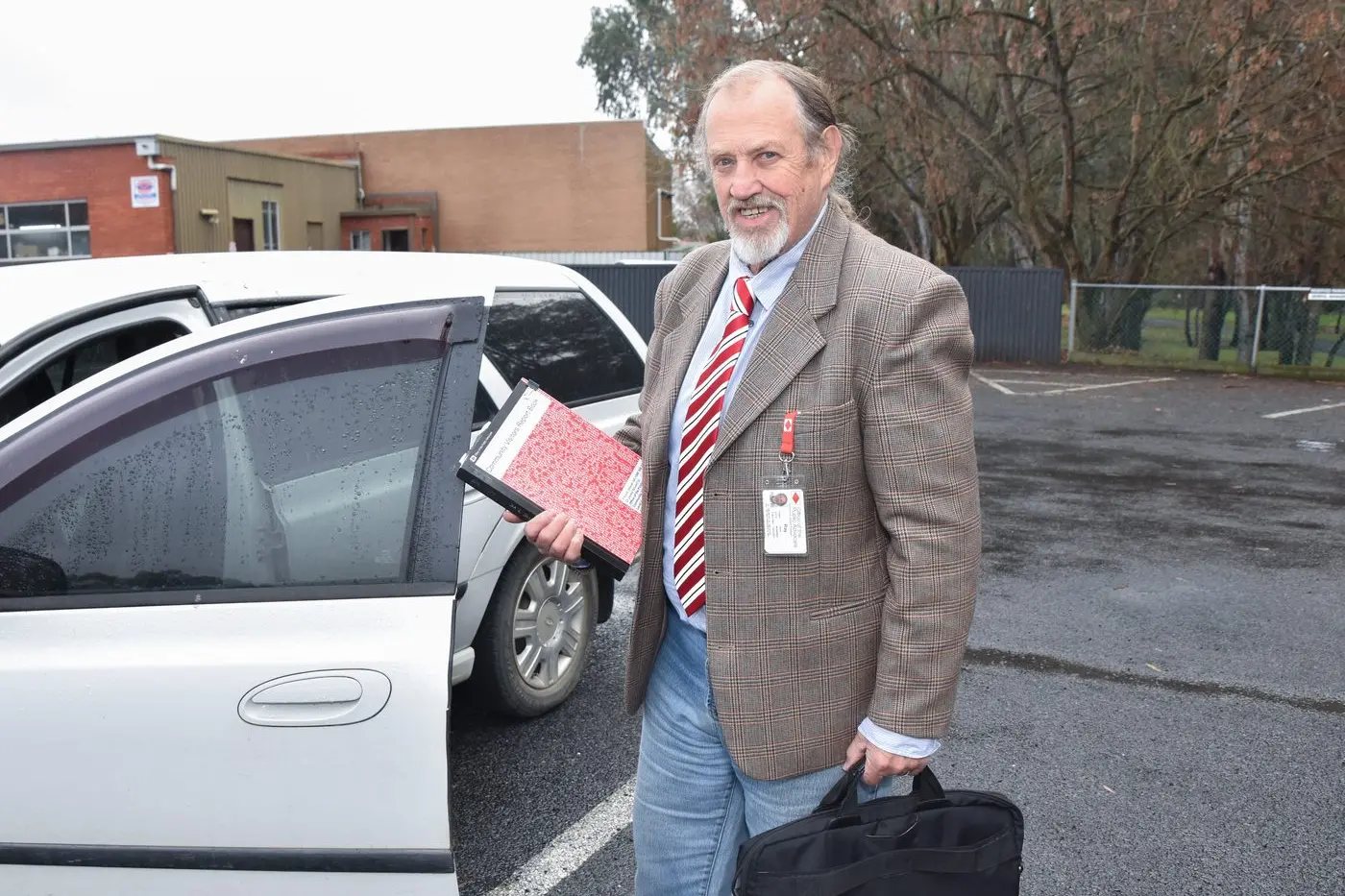PHOTO
SPRINGHURST resident Ray Steadman is a community visitor – he visits disability accommodation and mental health units to check the quality of service and ensure residents are treated with dignity and respect.
"Visitors like myself attend the mental health facility or the group home and discuss any problems they might have, oversee what's going on, and itemise any issues that may be of concern," he said.
"You talk to the person, you talk to staff, and you try to allay their fears or concerns and get them resolved."
But according to the Office of the Public Advocate (OPA) which is the independent statutory body that oversees community visitors, there aren't enough volunteers like Mr Steadman.
Wangaratta is one pocket of Victoria where the organisation is desperate for volunteers, especially in disability accommodation, said a spokesperson for the OPA.
In fact, they only have one community visitor and two trainees to cover around 20 disability group homes in Wangaratta and Benalla.
According to Mr Steadman, due to the lack of volunteers and COVID–19, there are houses in the North East that haven't been visited in–person this year, and have had to rely on less–effective phone visits from OPA volunteers.
"We've never had the numbers, never had the people on the ground to do it," he said.
But with just a couple more volunteers they could have teams working out of regional hubs, instead of visitors like Mr Steadman travelling across the North East.
"Having people working out of Wangaratta and Benalla would be so much easier and more cost–effective for the client," Mr Steadman said.
Being a community visitor takes patience, communication skills and the knowledge to objectively assess the standard of care provided for people who can't always advocate for themselves.
Volunteers undergo induction training, 10 hours of probationary in–the–field visits, and specific training for the disability, mental health or supported residential services streams.
The OPA also requires all community visitors to volunteer for a minimum of two years and commit to at least a few hours of volunteering a week, except during leave.
Training can be time–consuming, but the OPA is considerate of volunteers' time, Mr Steadman said.
"A bunch of people here have families to take care of, and we understand that, we're flexible with what you can do, and we appreciate what is done," he said.
Mr Steadman said that the role can be both fulfilling and frustrating, especially when it takes time for improvements in care.
"It's very rewarding in the sense that you're helping someone who can't help themselves," he said.
"You have to be patient and understand what's going on in someone's accommodation services.
"But you're there to make the change happen."





